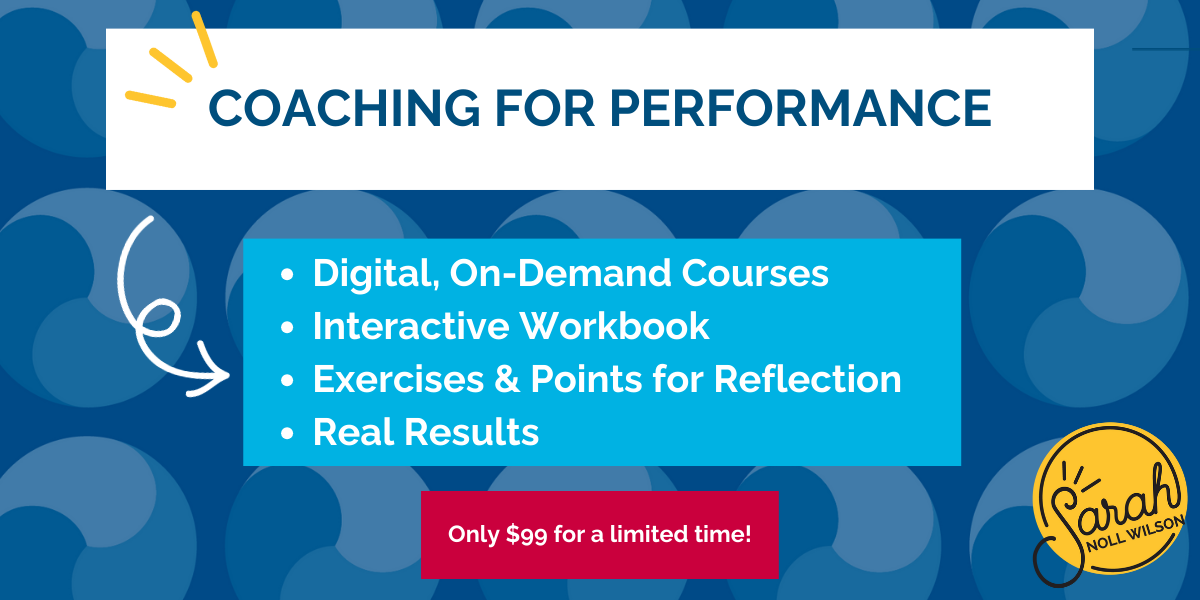
When someone is communicating, there is so much data not just in what they say, but how they say it, and what they don’t say when we slow down enough to hear it.
In every conversation, we are observing what people are saying and how they are saying it. We make meaning and interpretations of what is being shared. While our intuition is often accurate, our interpretation may not be. Taking a moment to share an observational statement can help confirm or clarify our understanding and is a powerful way to acknowledge what someone is experiencing. This act of clarifying and validating can be an impactful way to build deeper levels of trust.
So often we see listening exercises for leaders rely on coaching people to repeat back what they’ve heard, and we rarely see the non-verbal communication taken into consideration. I would encourage you to check in with your other senses as you observe the person with whom you’re having a conversation.
A simple way to practice observation statements in conversation is to reflect what you are experiencing or observing back to the person. Consider phrases such as…
I see…
I hear…
I sense…
I notice…
Slow down and observe your conversational partner.
The next conversation you have with someone, challenge yourself to slow down enough to pay attention to what they are saying, how they are saying, or what they are not saying. See what you notice that you wouldn’t without slowing down.
Speak what you’re observing out loud.
Using the phrases above, consider sharing your observations with the person.
For example, if someone shares a difficult situation and you can tell it’s weighing on their shoulders, you might say “I can see how much this is weighing on you. How can I help?” Sometimes the acknowledgment of what someone is experiencing can lead to that person feeling validated and supported.
Clarify your interpretation of non-verbal cues.
Don’t assume your observation is correct. Consider confirming by adding a question to the end of your observation such as “How true is that?” or “How does that resonate with you?” or insert your language here. Maybe you are giving feedback and you can sense the person is shutting down, instead of assuming they are getting defensive you might offer an observation “I’m sensing you are shutting down right now, how true is that?”
And don’t limit this practice to difficult conversations. This type of approach can be applied to any conversation large or small, celebratory or difficult. Each conversation you have with someone is an opportunity to grow or shrink the amount of trust and psychological safety between yourself and your team members, so make every moment count.
Sarah Noll Wilson is on a mission to help leaders build and rebuild teams. She aims to empower leaders to understand and honor the beautiful complexity of the humans they serve. Through her work as an Executive Coach, an in-demand Keynote Speaker, Researcher, Contributor to Harvard Business Review, and Bestselling Author of “Don’t Feed the Elephants”, Sarah helps leaders close the gap between what they intend to do and the actual impact they make. She hosts the podcast “Conversations on Conversations”, is certified in Co-Active Coaching and Conversational Intelligence, and is a frequent guest lecturer at universities. In addition to her work with organizations, Sarah is a passionate advocate for mental health.




Thank you, Sarah! What a great reminder…